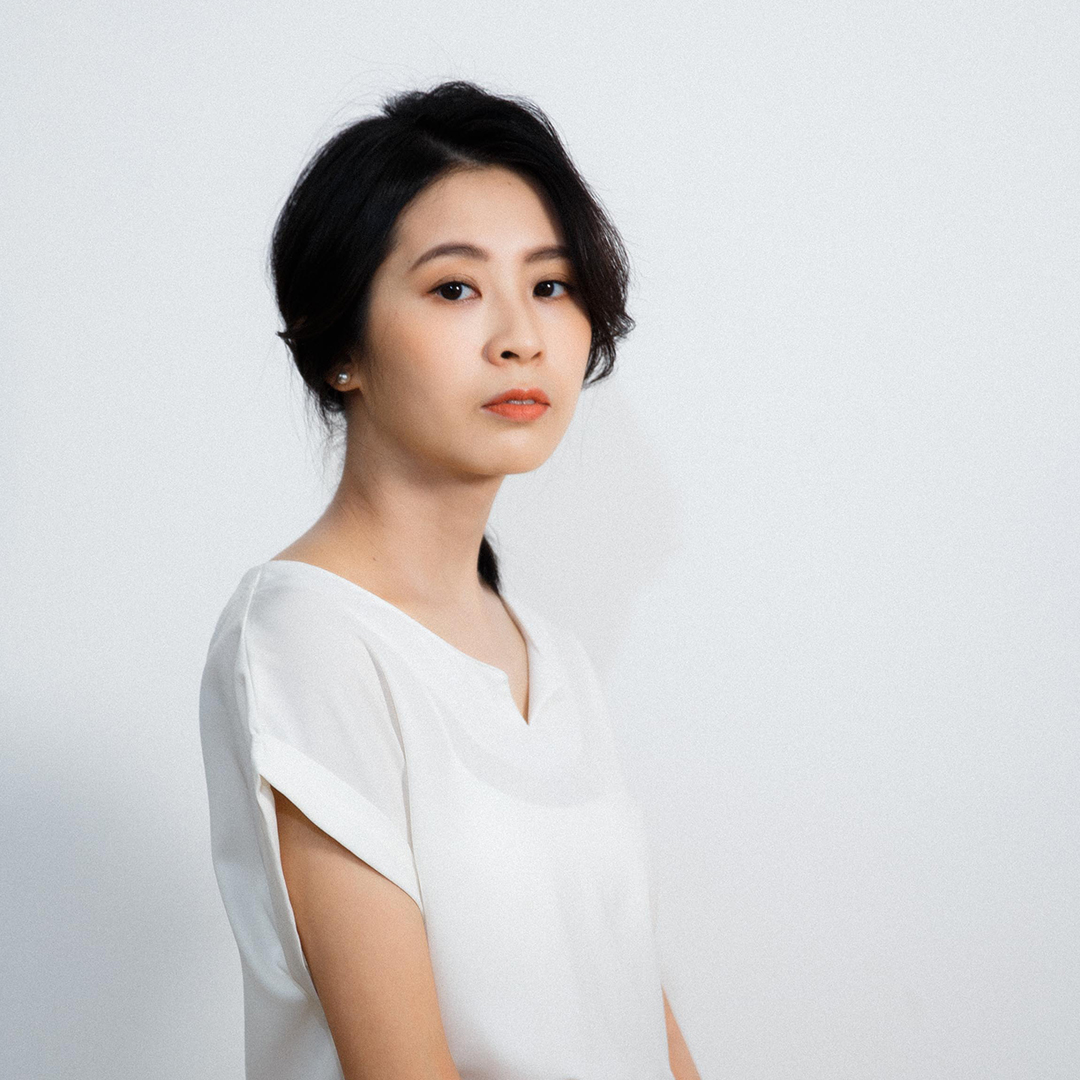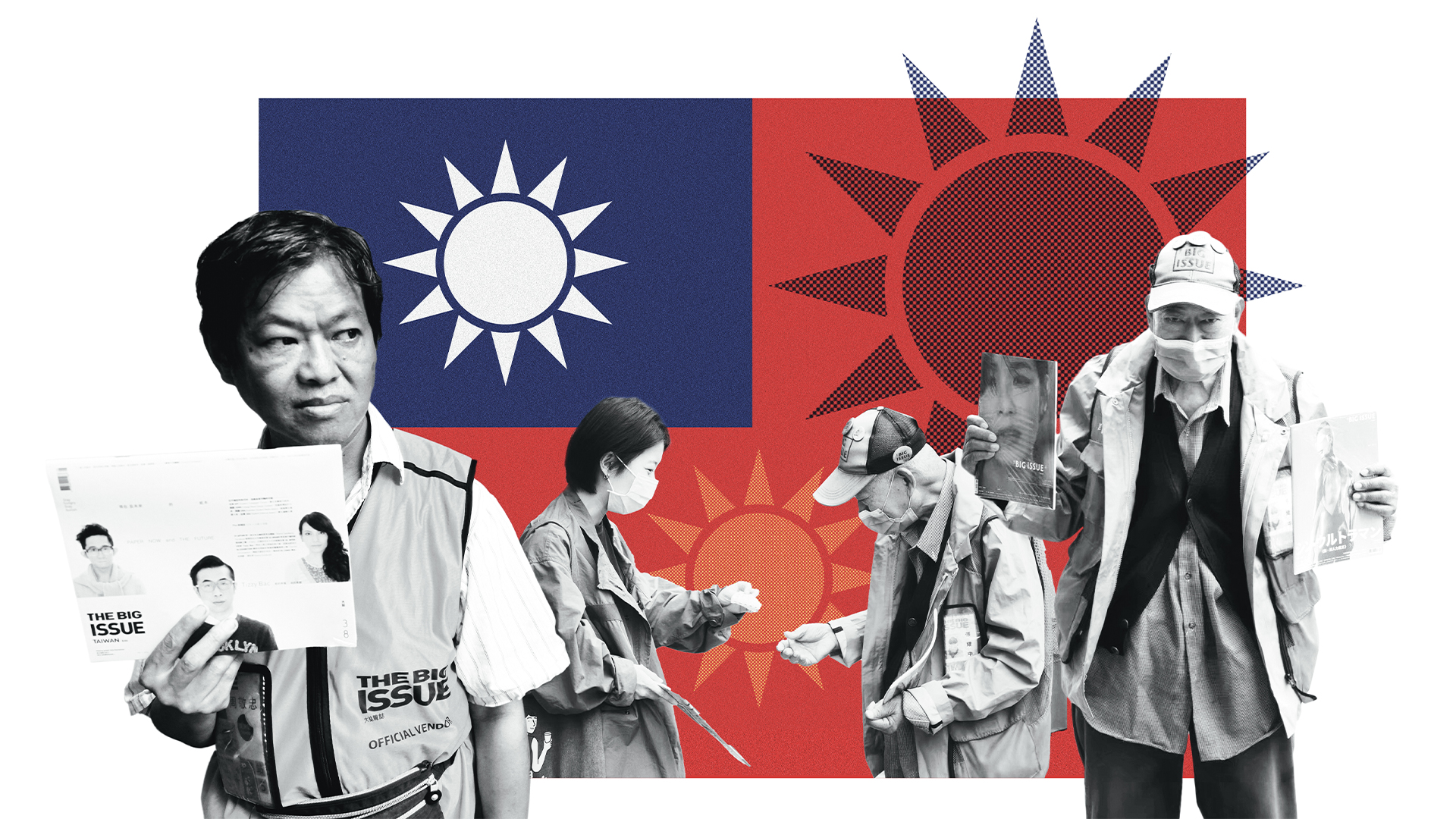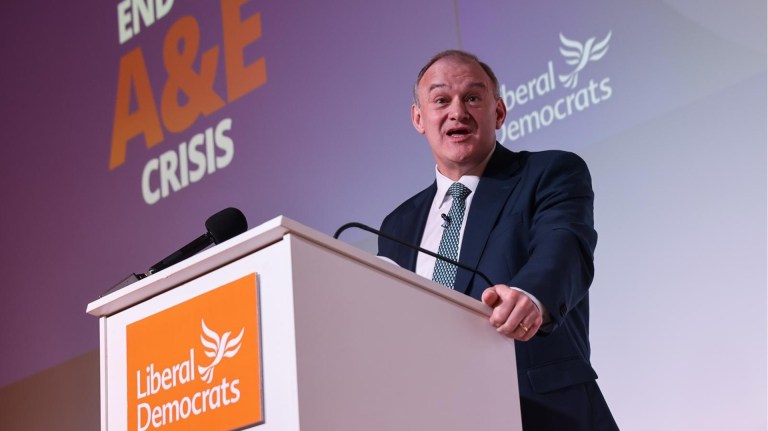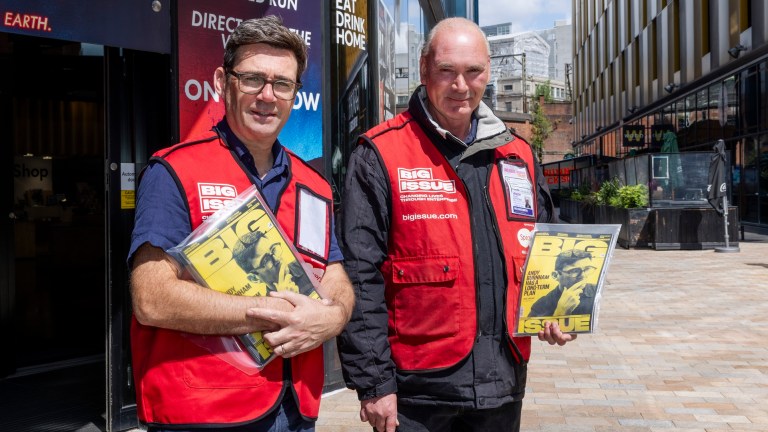The relationship between Taiwan and China, which considers it one of its provinces rather than its own independent country, is at a precarious stalemate. A recent election has brought these tensions to the surface. There may be the threat of invasion but despite this, life goes on more or less as normal for the people of Taiwan, even amid a geopolitical crisis. Rachel Chen, managing editor of our sister paper The Big Issue Taiwan – one of dozens of street papers operating across the world – explains the situation, ahead of the inauguration of the new president taking place in May.

A note from Rachel Chen: “Before answering the questions, I declare myself currently a supporter of DPP (Democratic Progressive Party) and I am pro-democracy. My statements cannot represent The Big Issue Taiwan and all Taiwanese.”
How is daily life in Taiwan impacted by a constant threat from China?
The threat has always been there. However, it feels more and more real after we saw what happened in Hong Kong and how Russia invaded Ukraine. For eight years, Taiwan has been governed by president Tsai Ing-wen, and our attitude towards China has been clear. We won’t do anything to provoke China, [unless] they do anything to harm our democracy.
It is true that we are afraid of China’s invasion of Taiwan by force, but we are trying to make our own democratic institutions more complete, so that more disadvantaged people can be taken care of, and to help each other in the international arena with the countries that support democracy and freedom, without being overbearing. All of the current provocations come from China, whether it’s military planes circling Taiwan or economic and diplomatic sanctions. But our freedom and democracy cannot be compromised or sacrificed for fear of this, and we are very firm on this. We should not make any decision based on ‘whether it will provoke China’.
President Tsai came up with the name “Republic of China (ROC) Taiwan” for our country, which I think is very smart. This encompasses people of all stripes: supporters of Taiwan’s independence, supporters of the Republic of China, supporters of maintaining an ambiguous status quo. Now, she is about to leave office. Many people thought that having a DPP president who is not close to China would lead to war, but that has not happened. China’s Cognitive Warfare is more worrying than war. This includes pervasive fake news and information warfare on social media.
How do you report on elections?
The Big Issue Taiwan does not report on this subject any more. In Taiwan, talking about these issues can occasionally lead to very serious confrontation and division. In particular, supporters of the pro-China party Kuomintang (KMT) and the DPP have been at odds with each other for a long time, and this year there is the emergence of the Taiwan People’s Party (TPP). While I personally believe that Taiwan’s elections are a choice between democracy and authoritarianism, many people think that people who talk about politics just want to argue. So you have to be very careful when talking about these issues in Taiwan, it can become very problematic when a media outlet is labelled with a specific political stance.









